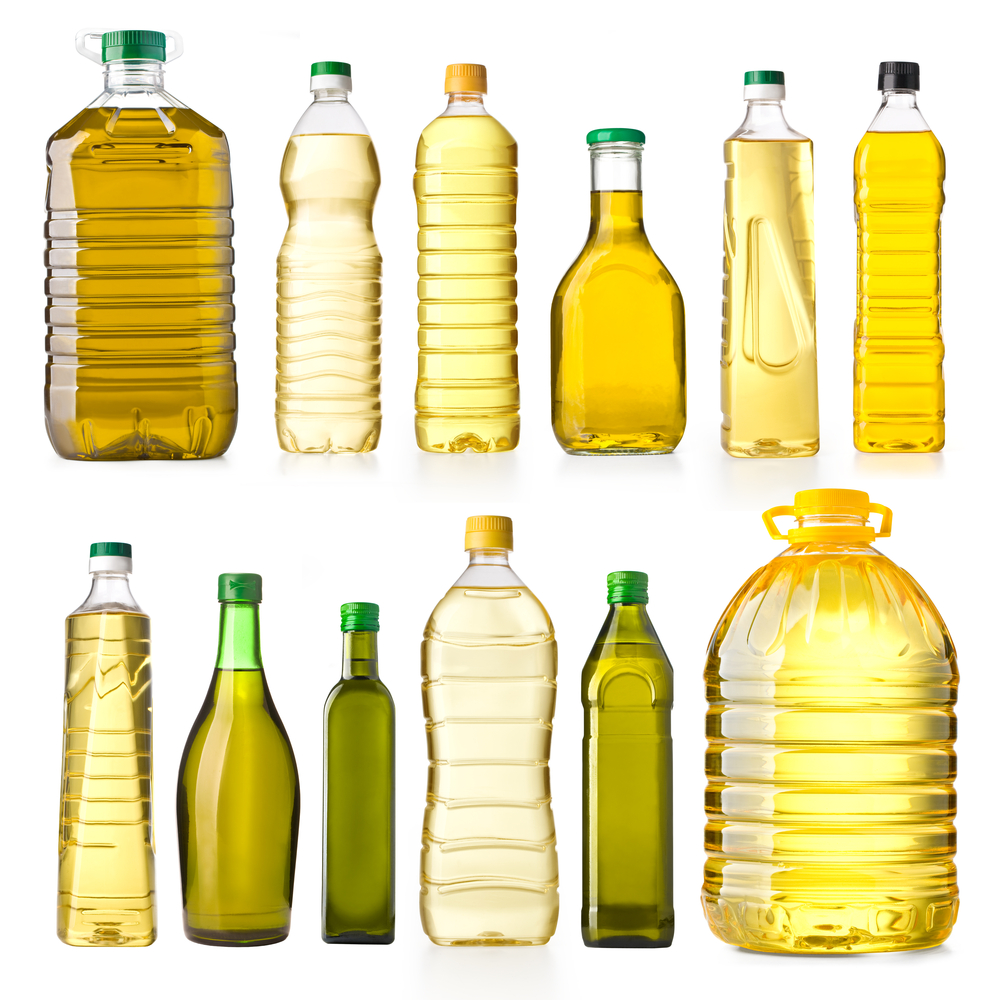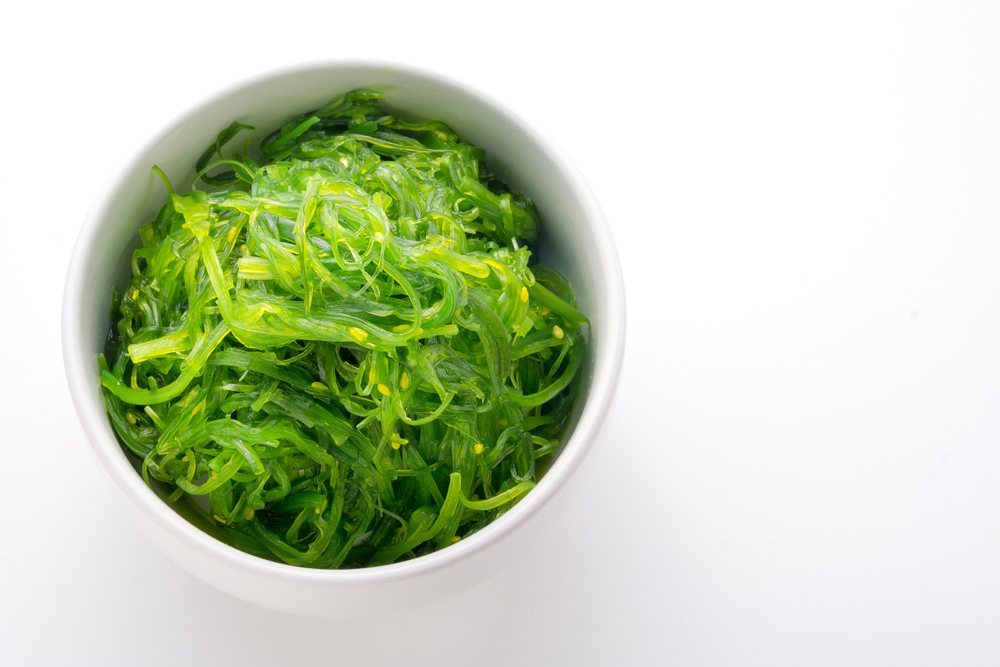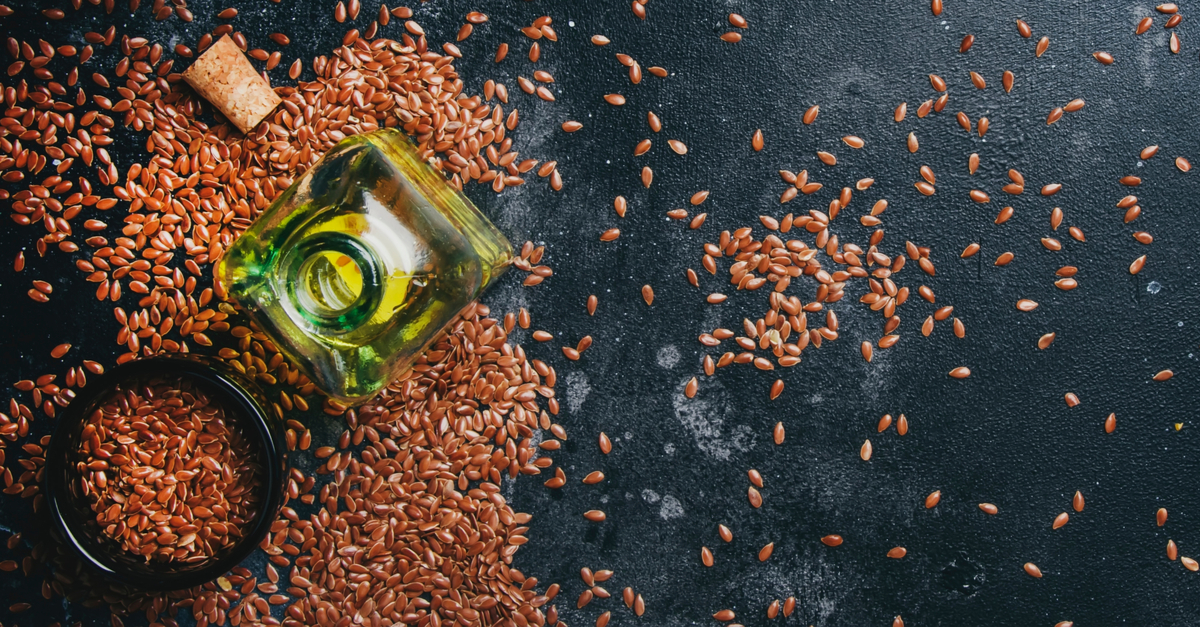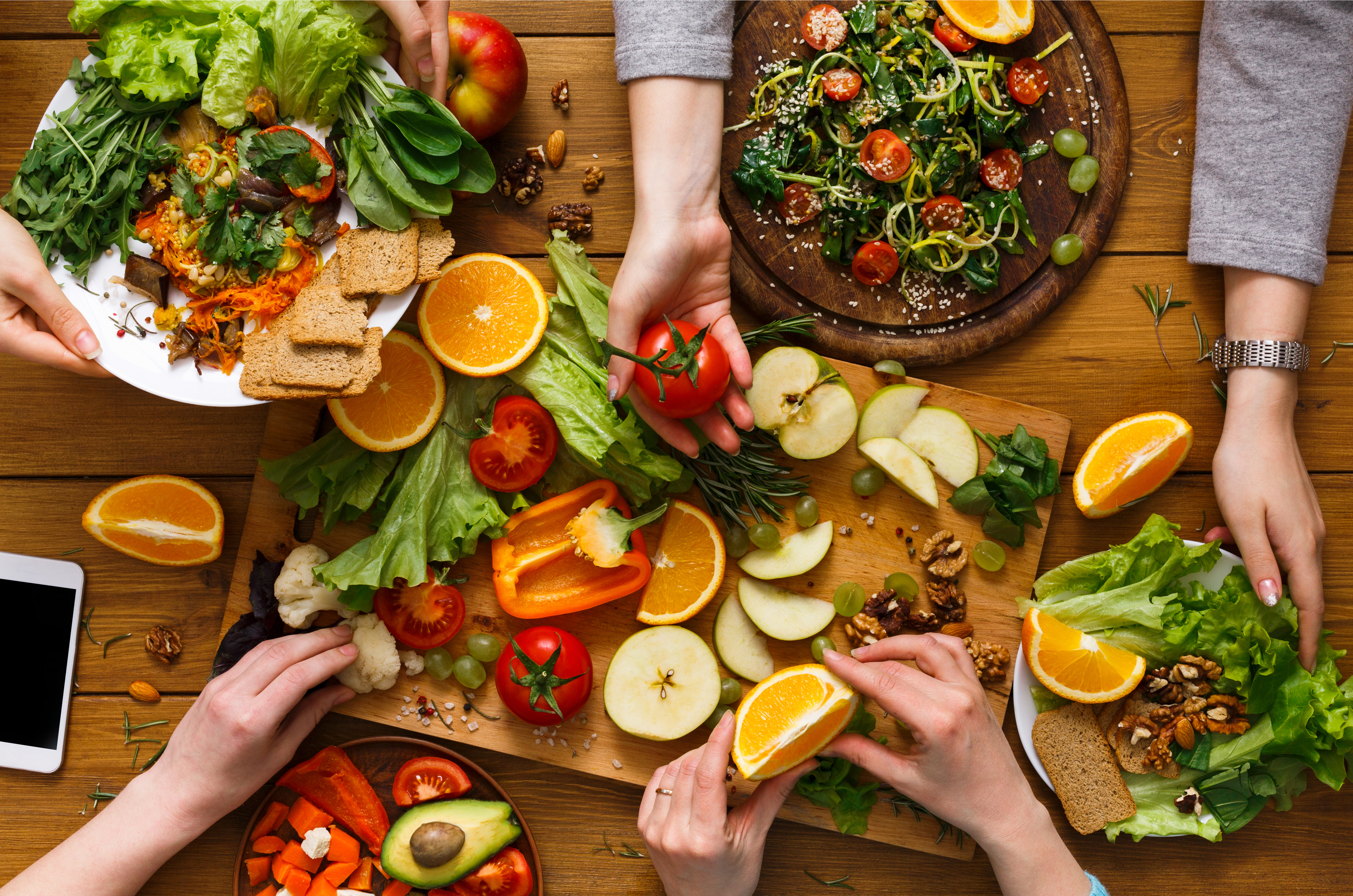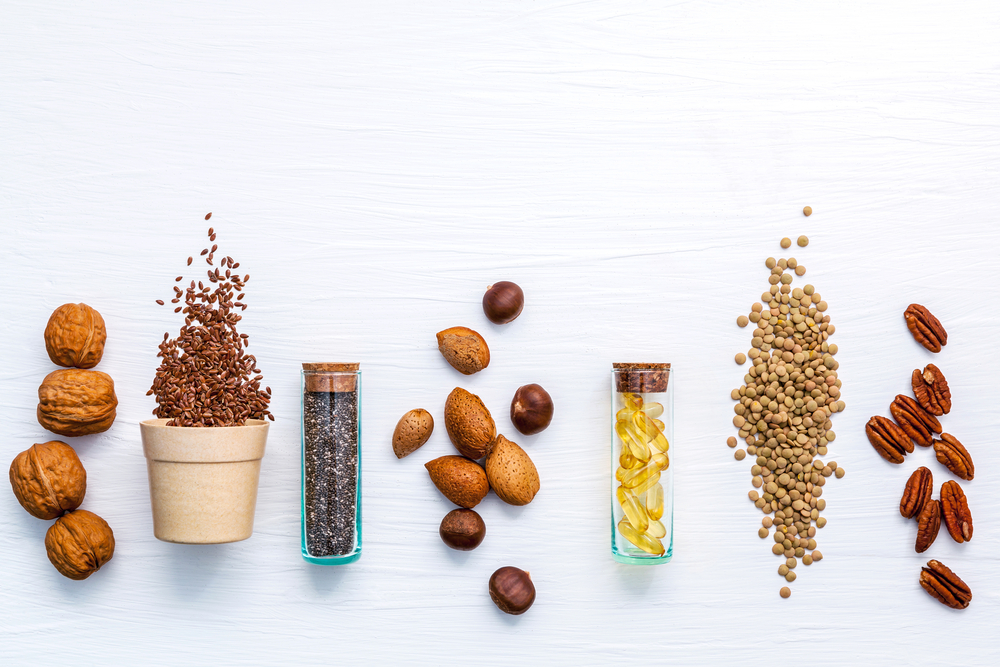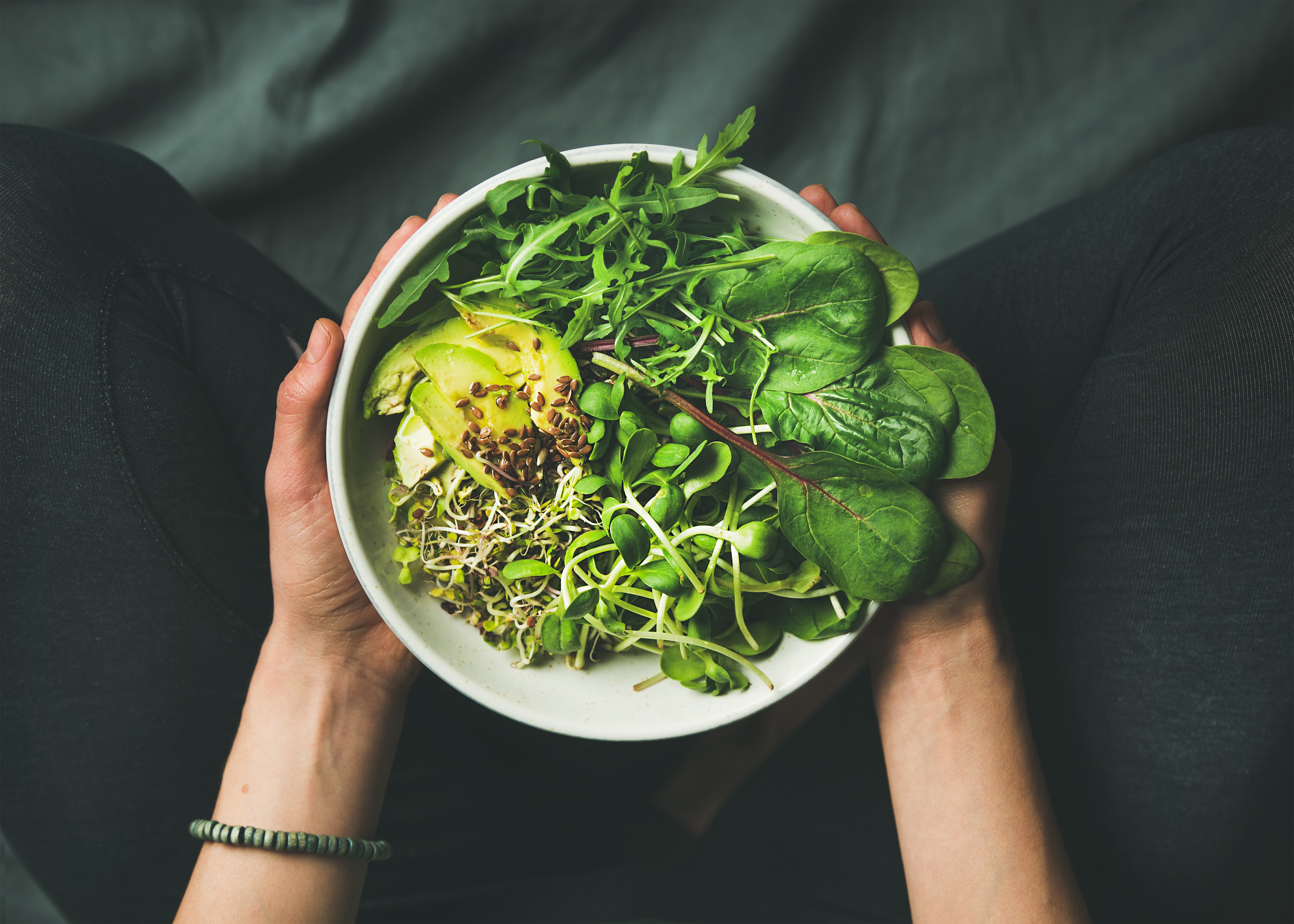I’m not much of a coffee drinker. Coffee, after all, is made from roasted (burned) coffee beans (and by the way, neither coffee beans nor cocoa beans are actually beans). Burning changes molecules from natural to unnatural. Any food
How often do you change the oil in your car? If you care about your car, you do it on a regular basis, right? You drain out the dirty oil, and you replace it with clean oil.
When
Fat consumption figures are based on the fatty acid content of oil sources in their natural state. They cannot give accurate correlations between LA nutrition and disease trends, for instance, because these figures fail to show how much LA
Between 1910 and 1980, many changes took place in the kinds and amounts of fats and oils that people ate.
Total consumption of all fats increased by 35%. Our total fat consumption rose from 32% of daily calories to
30% of our adult population is chronically constipated. Constipation leads to many other problems: hemorrhoids, varicose veins, toxin reabsorption, bad breath, liver damage, and even aneurisms from straining. Most constipation has one of three nutritional causes that can be
Iodine increases metabolic rate. Its richest source in our foods is kelp, other seaweeds, and seafoods. Iodine can also be supplemented. Caution: Supplementation with iodine requires supervision, because too much iodine can be toxic. Supervised iodine supplementation should be
This may be hard to swallow, but about 65% of North American population is overweight, including about 30% obese. By 2020, expect 75% of the population to be overweight. And, you can expect 85% of the population to be
An average adult U.S. male eats about 2.7 kg (5.9 pounds) of food per day. Less than 1000 calories, which usually result in weight loss, are contained in 2.7 kg of broccoli but over 10,800 calories, which must result in
How can we change the fat content of our body? To increase the amount of w3 EFAs in our fat tissue, which is desirable for both beauty (they make skin soft and velvety) and health (they decrease our risk of
The fatty acids profile of body fat can vary greatly as a direct consequence of differing contents of saturated, monounsaturated, and essential fatty acids (EFAs) in different diets. The percentages of linoleic acid (LA, 18:2w6) and alpha-linolenic acid (LNA, 18:3w3)


